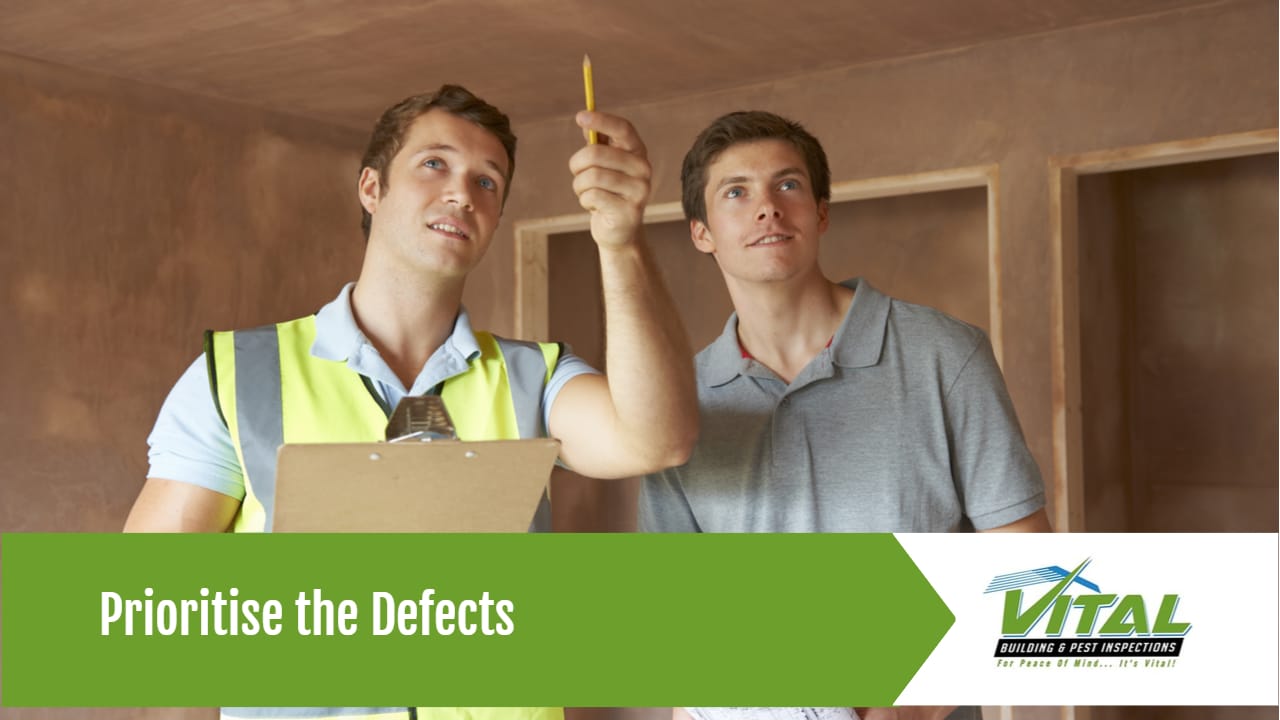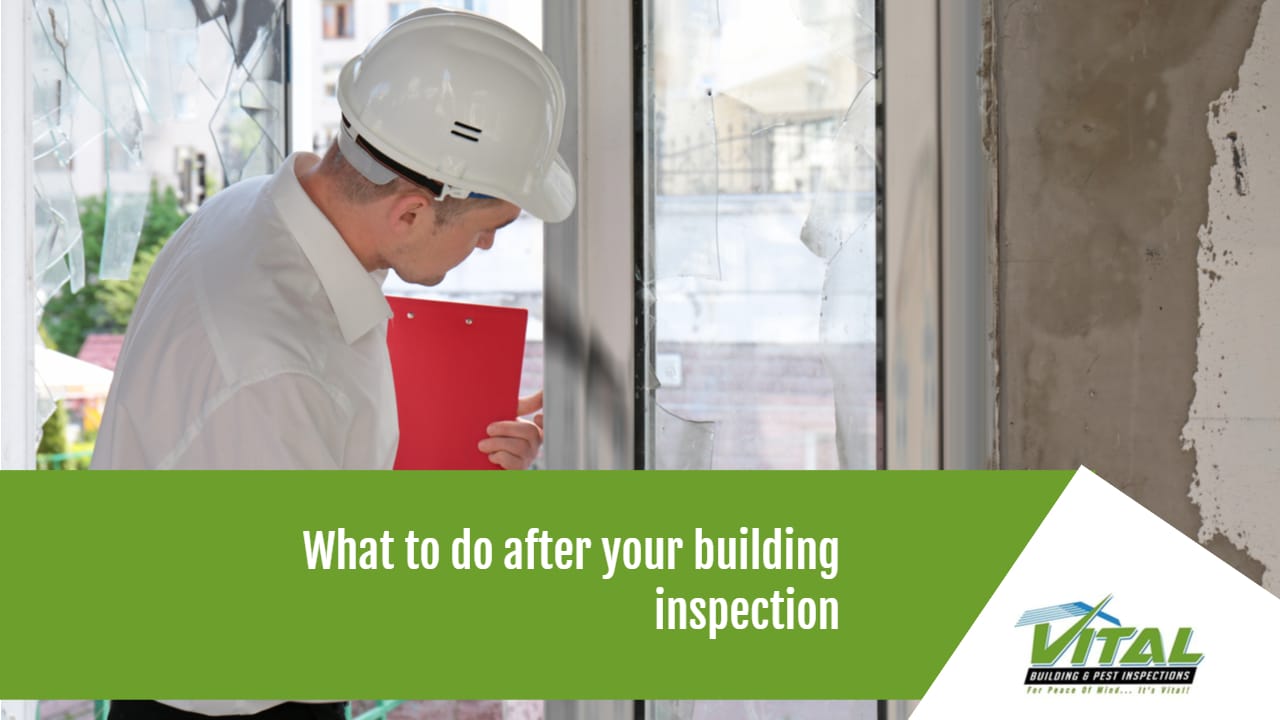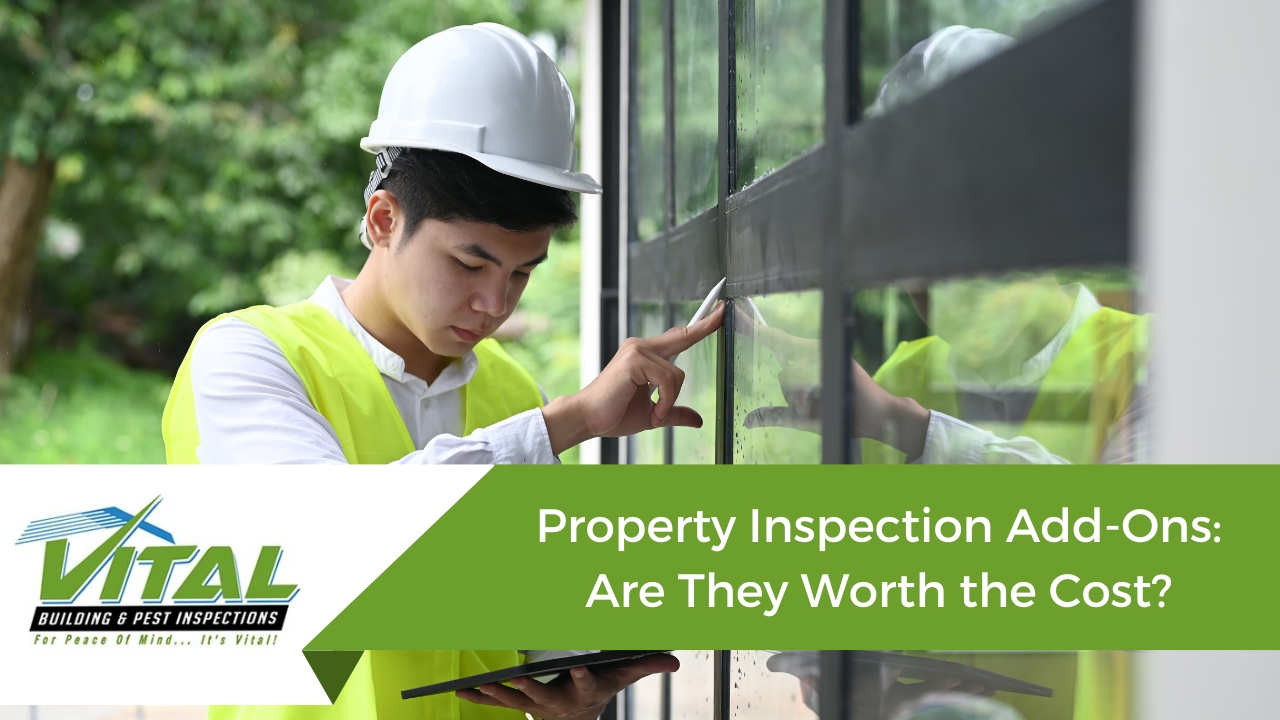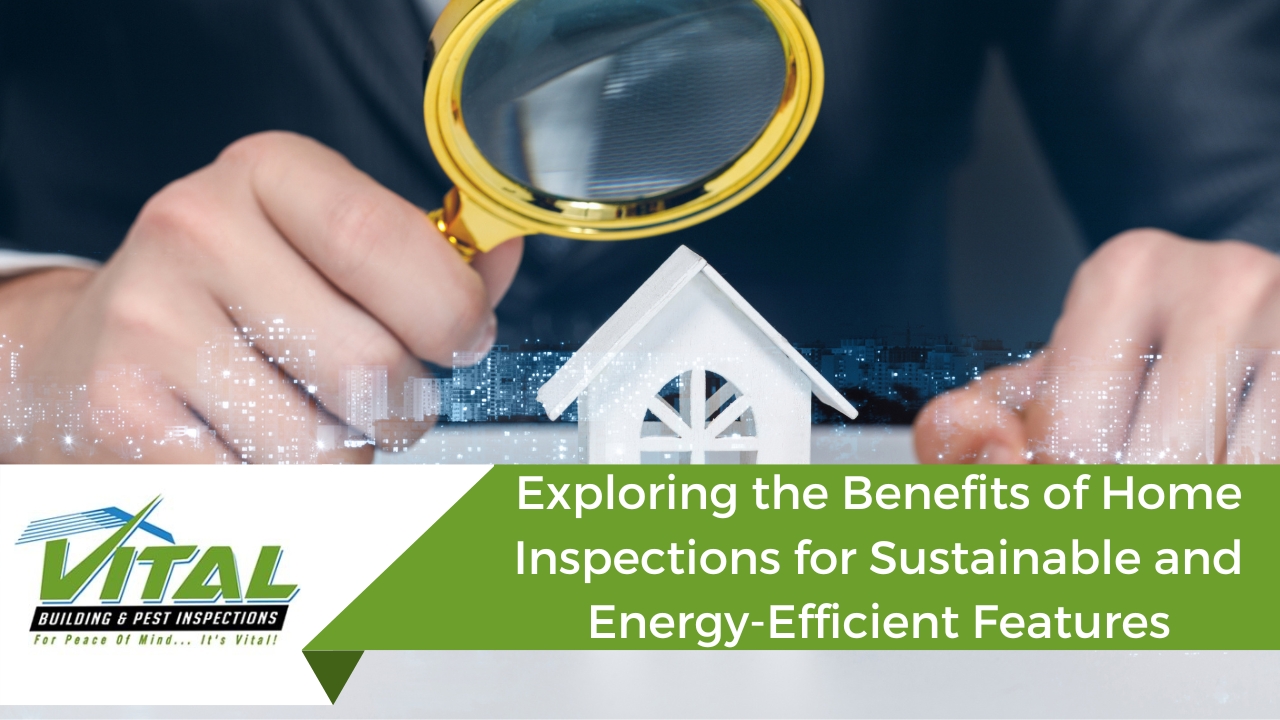How to use a pre-purchase building inspection report to seal a deal
So, you plan to buy a house and you have a property in mind that ticks all the boxes. Everyone suggests, rightly so, to get a pre-purchase building inspection done. After all, buying a property is a once in a lifetime event for most that cost a fortune. A professional pre-purchase building inspection takes place and you get a report, a lengthy and comprehensive document that touches upon the most vital aspects of the property you are going to buy.
What are you going to do with it? How well do you understand it? How are you going to analyse the contents of it and take action that allows you to make a well-informed decision?
This post will tell you:
- How to best utilise the contents of the pre-purchase building inspection report to let’s say, re-negotiate the asking price of the property and get a financial advantage among many other things.
- What you should do before you sign the dotted line.
Read the report in entirety and yourself:
This sounds way too obvious but most homeowners do not read the report and rely on the word of the inspector who inspected the property for the broad points covered in the report. If you do not read the report yourself, you’ve wasted the investment you made in getting the house inspected. When you read it, you will get to know the fine details, not just a broad opinion about things like the reliability and strength of the structure of the house, the defects, both big and small, the condition of the roof etc.
Of course, if you are concerned about the defects found, the inspector who inspected the house is your expert guide on what to do next. In the report, the inspector also details the recommendations for every defect. Ask if you are not clear about the recommendation. Also, judge if a particular defect is justified in view of the age of the property. For example, wear and tear in walls in a two decades old property is a given and it isn’t fair to dismiss the property on that account. On the other hand, it is a serious matter if the wear and tear is in a property that is just 2-5 years old. Judge these aspects rationally.

Prioritise the Defects:
Based on the assessment you’ve done so far after reading the report and discussions with the inspector, the next step is to decide which damages demand urgent repair and which don’t. What are the defects you can live with (minor ones, of course) and which are the ones that must be absolutely repaired before you buy the property? Based on this analysis and the cost of repairs involved, you will be able to re-negotiate a price with the seller.
Broadly, after reading the report and analysing the defects, you will be able to decide if the scope of the project is more than you bargained for after becoming aware of the condition of the property. You may well conclude that the cost of getting the number of damages fixed does not justify the asking price at all and choose to opt out of the deal.
REPAIR OR RENEGOTIATE:
Now that you’ve made an assessment of the defects/issues in the property, the next question is if you want to repair them yourself at your cost and in return ask the seller to reduce the price of the property in line with the expected costs of repair or ask the seller to fix the damages before you finalise the deal. Both are reasonable choices based on your situation and how the seller responds to your suggestion.
If the seller agrees to complete the required repairs before finalising the deal, make sure there is re-inspection of repairs prior to the settlement. This will ensure that the repairs are conducted to at least an acceptable quality.


BE CREATIVE IN NEGOTIATIONS:
It is easy to simply walk away from a deal if the seller says no to getting the repairs done or even reducing the asking price. However, consider that in such a scenario, you stand to lose the property you’ve invested so much in terms of energy, time, research, and inspection costs. You like the property which is why you’ve come so far. At least, give it a fair chance. Be creative in your negotiation. If the seller doesn’t agree to do the repairs, you could instead say that you would be happy to bear the expenses yourself if the seller threw in some extras for almost the same amount as the projected cost of the expenses. Some of the examples of these extras are the refrigerator, freezer, barbeque, lawn mower, or maybe even ask them to pay for your moving costs.
In the end, all that matters is how far are you willing to go to get the home of your dreams. A pre-purchase inspection report is a very powerful tool that can help you not just get a clear picture of the condition of the property but also be able to re-negotiate a deal based on the findings. It is always wise to think rationally and not throw away a good deal just because you wanted to prove to someone that you are a tough negotiator.
Sydney Pre-Purchase Inspection Reports from Vital Building Inspection
Pre-Purchase Building Inspections reports are essential for those wanting to purchase a property. A pre-purchase building report provides you with the information you need to make a sound financial decision.
Have the peace of mind you need with a comprehensive Pre-Purchase Building Inspections report from Vital Building Inspections Sydney. With over 17 years of experience in the repair and restoration business, our team at Vital Building Inspections Sydney has developed a keen eye for any major defects, structural issues and safety hazards.
Vital Building Inspections Sydney’ pre-purchase building reports could save you from purchasing a damaged home or investment property. Contact us today for peace of mind.







